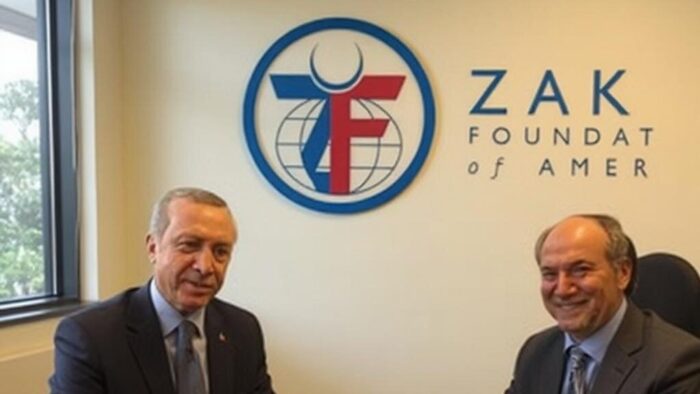University media in the US is reporting that a group of US Senators is asking the developer of college entrance exams to clarify its financial relationship with the Chinese Confucius Institute Headquarters. According to a Princeton Daily Clarion report:
October 28, 2020 (The Center Square) – U.S. Sen. Marsha Blackburn, R‑Tennessee, and six other U.S. senators are asking the developer of the SAT and AP tests to clarify its financial relationship with the Chinese Confucius Institute Headquarters (Hanban).In a letter sent this week to College Board CEO David Coleman, Blackburn and others asked for clarification on funding College Board has received from Hanban and other foreign sources, its use of federal funding in creation of Hanban affiliated programs and Hanban’s roles in development of AP Chinese language and culture tests and Chinese guest teacher programs. “We are concerned that the [People’s Republic of China] exploits its partnership with College Board to stifle conversation that might undermine the reputation of the [Chinese Communist Party],” Blackburn and others wrote. A recent report by conservative nonprofit the National Association of Scholars (NAS), the impetus for the letter, documented how, since 2003, College Board has worked closely with Chinese government and the Chinese Communist Party to develop AP Chinese language courses and served as a recruiter for Chinese nationals to teach in U.S. classrooms. According to the report, College Board received generous funding from the Chinese government, including a $685,000 contribution for AP language test development. Many Confucius Institutes in American universities have closed, including two of the three in Tennessee. Middle Tennessee State University announced in July it would “wind down” its relationship with the remaining Confucius Institute in the state.
The Global Influence Operations Report (GIOR) reported earlier this month that the US State Department had designated the Chinese Confucius Institutes as “Foreign Missions.”
Confucian Institutes are public educational partnerships between colleges and universities in China and colleges and universities in other countries. In 2019, Inside Higher Ed described Confucian Institutes as follows:
The Confucius Institutes have long been controversial. The centers vary somewhat across different campuses, but they typically offer some combination of Mandarin language classes, cultural programming and outreach to K‑12 schools and the community more broadly. They are staffed in part with visiting teachers from China and funded by the Chinese government, with matching resources provided by the host institution. The number of U.S. universities hosting the institutes increased rapidly after the first was established at the University of Maryland College Park in 2004, growing to more than 90 at the peak.
Read the rest here.
For more on the Confucius Institutes, go here.





